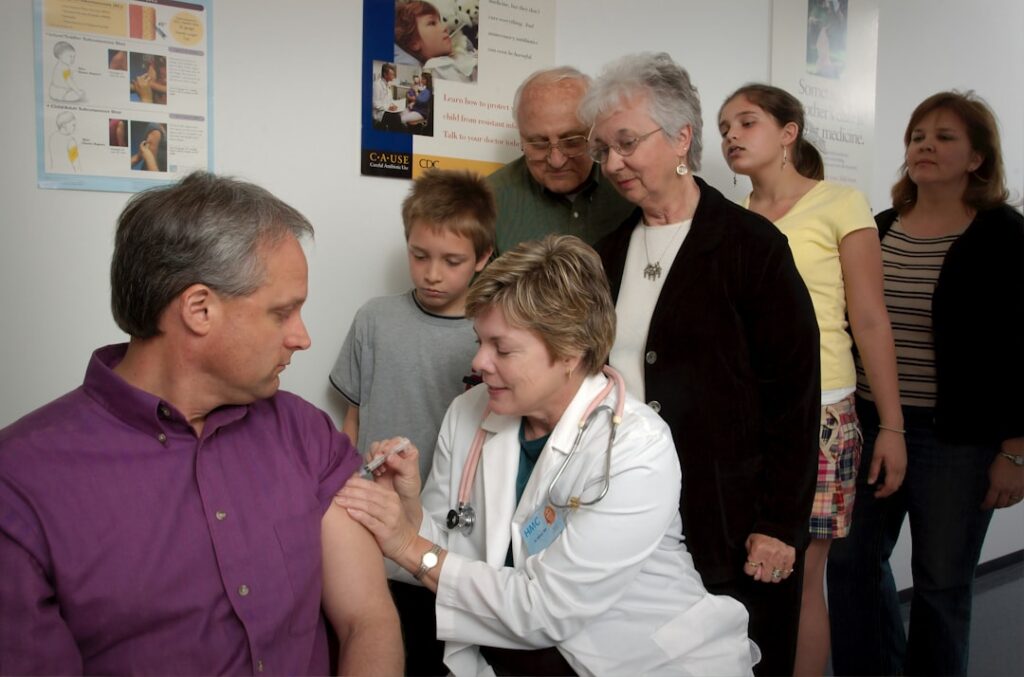The Unseen Toll of Social Media
Social media has become an undeniable part of modern life, offering connection, information, and entertainment at our fingertips. However, the constant stream of curated content can also have a significant negative impact on our mental well-being, contributing to anxiety and depression in many users. This isn’t about demonizing social media entirely; it’s about understanding its potential downsides and learning how to navigate it healthily.
The Links Between Social Media and Mental Health
The Comparison Trap
One of the biggest culprits is the pervasive culture of comparison. Scrolling through perfectly filtered photos of seemingly perfect lives can fuel feelings of inadequacy, envy, and low self-esteem. We only see the highlights, not the struggles, leading to unrealistic expectations and negative self-perception. This constant comparison can significantly contribute to anxiety and depression.
Cyberbullying and Online Harassment
The anonymity of the internet can embolden harmful behavior. Cyberbullying and online harassment are serious issues that can have devastating consequences, leading to anxiety, depression, and even suicidal thoughts. The relentless nature of online abuse makes it particularly damaging to mental health.
Fear of Missing Out (FOMO)
The fear of missing out, or FOMO, is a common byproduct of social media. Seeing friends and acquaintances enjoying themselves at events we weren’t invited to, or engaging in activities we’re missing, can trigger feelings of loneliness, isolation, and anxiety. This constant pressure to stay connected and “in the know” can be incredibly draining.
Sleep Disruption and Addiction
The addictive nature of social media, with its constant notifications and endless scroll, can disrupt sleep patterns. Lack of sleep is directly linked to increased anxiety and depression. Furthermore, excessive social media use can lead to neglecting other important aspects of life, further exacerbating these mental health challenges.
Recognizing the Signs
It’s crucial to recognize the signs that social media might be negatively affecting your mental health. These can include:
- Increased anxiety and irritability
- Feeling down, depressed, or hopeless
- Difficulty sleeping
- Low self-esteem and body image issues
- Increased social isolation despite being online
- Spending excessive time on social media, neglecting other responsibilities
If you’re experiencing several of these symptoms, it’s important to take action.
Taking Control and Reclaiming Your Well-being
Setting Boundaries
Start by setting boundaries. Limit your screen time, schedule specific times for social media use, and stick to them. Consider deleting apps from your phone to make it harder to access them impulsively. It’s a simple change, but very effective.
Mindful Social Media Use
Practice mindful social media use. Be intentional about what you consume. Unfollow accounts that trigger negative feelings. Focus on positive and uplifting content. Remember, it’s okay to take breaks and disconnect completely.
Seek Support
Don’t hesitate to reach out for support. Talk to a trusted friend, family member, or therapist. Many mental health resources are available online and in your community. Getting professional help is a sign of strength, not weakness. You are not alone.
Focus on Real-Life Connections
Prioritize real-life connections. Spend time with loved ones, engage in hobbies, and participate in activities that bring you joy. Nurture your relationships offline to counteract the potential for isolation from online interactions. It’s amazing how refreshing this can be.
Ultimately, a balanced approach is key. Social media can be a valuable tool for connection and information, but it’s crucial to use it mindfully and prioritize your mental well-being. By recognizing the potential risks and implementing healthy strategies, you can navigate the digital world without sacrificing your emotional health.



